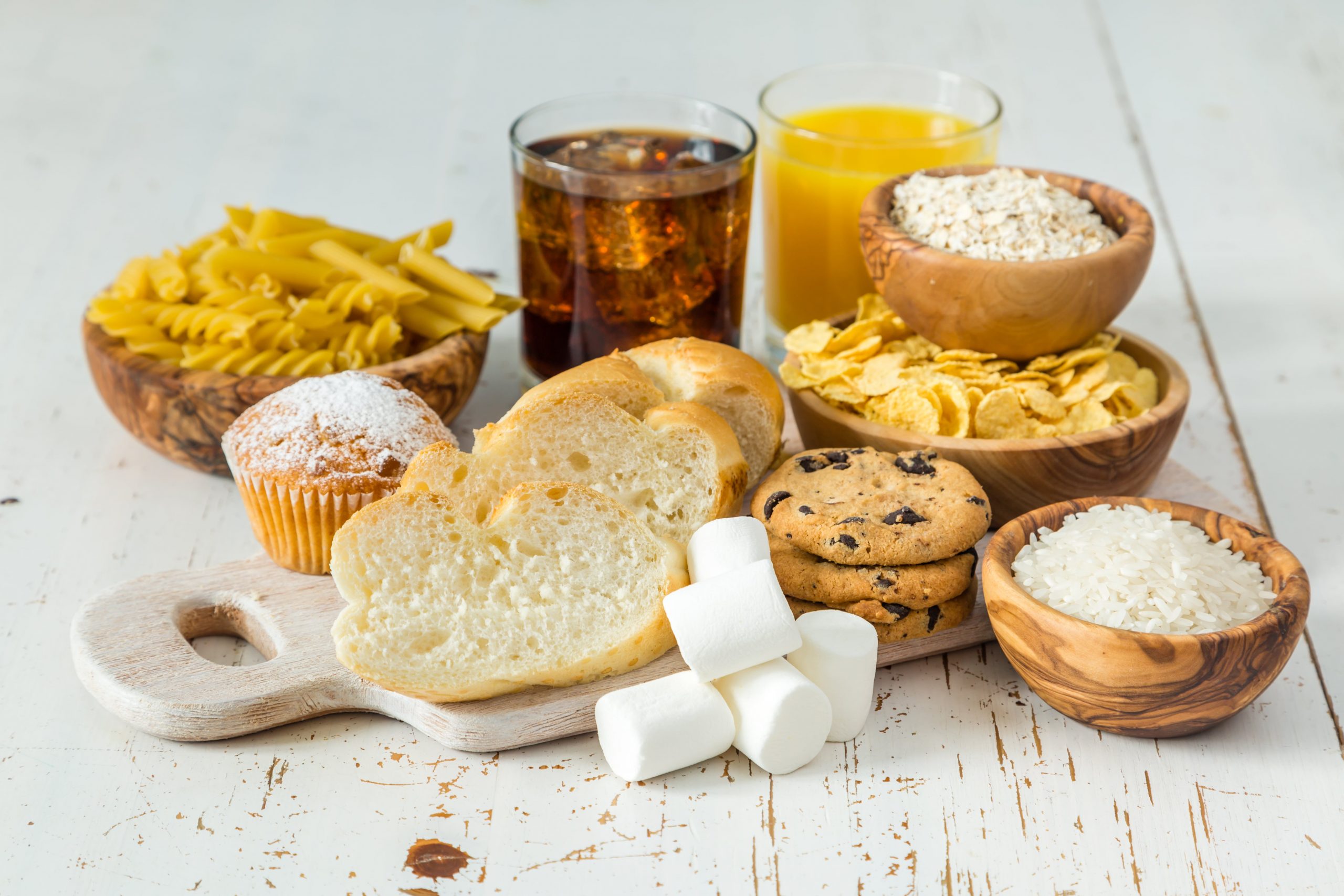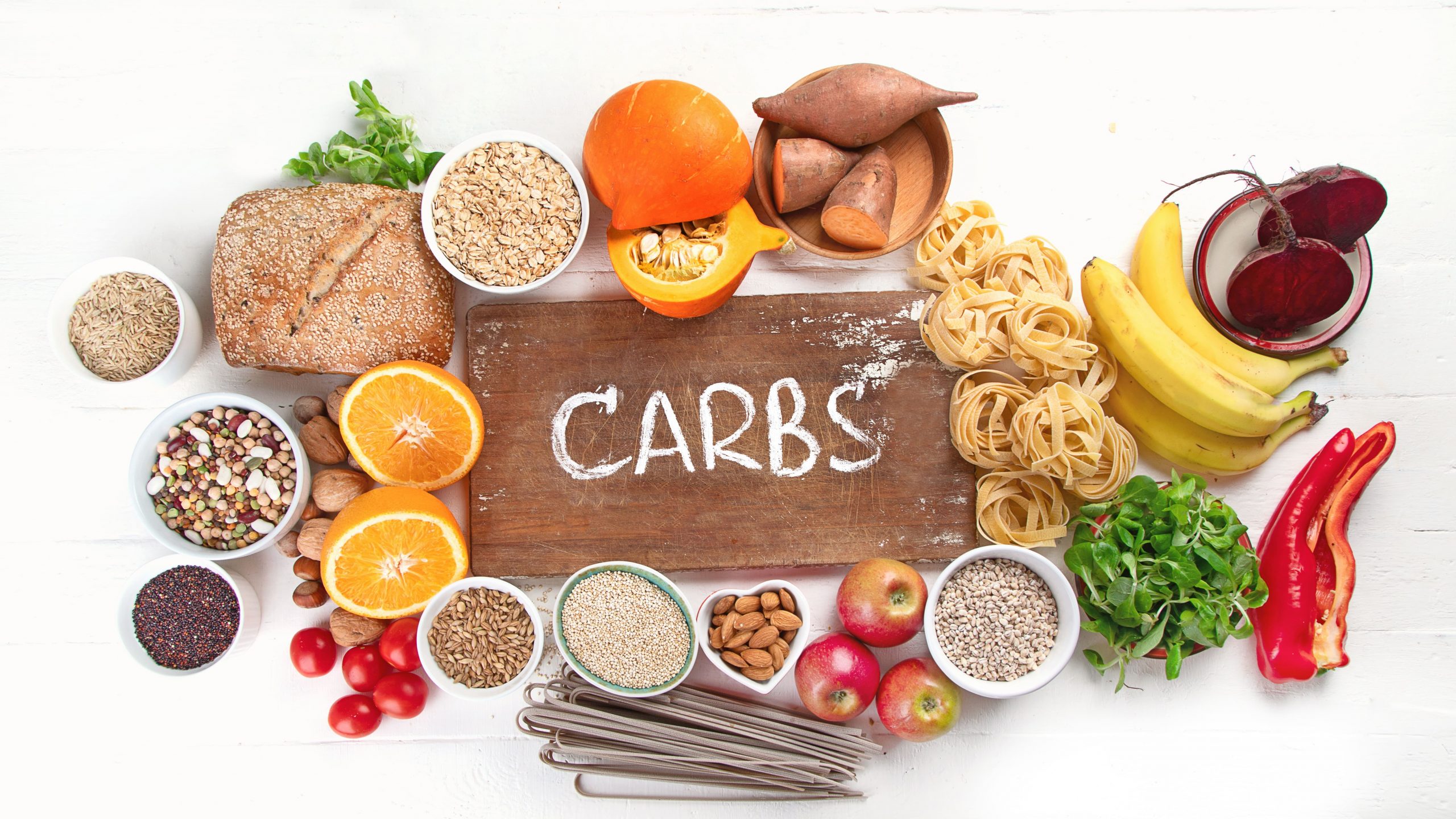Complex carbohydrate often takes longer to digest and can provide a sustainable source of energy for long, while simple carbs are easy to digest since they contain a shorter chain of sugar molecules, providing sugar spikes.
Carbohydrates are a macronutrient found in various types of food necessary for energy provision. Some people discourage carbohydrates, saying they contribute to weight gain and disease. However, the correct course of action is finding the reasonable balance of the right carb to benefit from its nutritional value instead of throwing them in the dustbin. Carbohydrates can be categorized into complex and simple carbs, with many nutritionists and doctors recommending the former. Unfortunately, the food labels in the supermarkets do not indicate whether the carbs in these products are simple or complex. You should have the correct information on the classification of these carbs and how they affect your body to guide you in making the right decision.
Understanding Carbohydrate
Many people associate carbohydrates with grains and cereals, such as corn, millet, and sorghum. Though these grains and their products, such as bread, pasta, and flour, contain carbohydrates, they are not the only carriers of this macronutrient. Carbohydrate is available in many foods, including dairy products, starchy vegetables, fruits, nuts, seeds, legumes, and sugary foods and sweets. The main components of carbohydrates are starch, fiber, and sugar. Of these, starch and fiber form the complex carbohydrate, while sugar forms simple carbs. The amount of each component available determines carbohydrates’ nutritional value. Complex carbohydrate often takes longer to digest and can provide a sustainable source of energy than simple carbs. Pasta and bread contain complex carbs, while syrups and table sugars are simple sugars.
Simple sugars are easy to digest since they contain a shorter chain of sugar molecules. These molecules are broken down in the body and converted into glucose to be used for energy. Complex carbs with longer sugar molecules take longer to digest, and as a result, can provide lasting energy. Apart from providing energy to the body, carbohydrates can provide other benefits to a person’s general health.
The body produces the hormone insulin from the pancreas to convert the glucose in the blood into energy or fat for storage. When the body does not produce enough insulin, lots of glucose will be left in the blood, causing hyperglycemia. In contrast, low blood sugar, known as hypoglycemia, results from not consuming enough carbs or medication imbalance. The secret of better health with carbohydrates is finding the balance. Nutritionists advise choosing carbohydrates rich in nutrients, such as vitamins, fiber, and minerals, and limited in sugars, unhealthy fats, and sodium.
Simple Carbohydrates -Simple Nutrition.
The sugar part of carbohydrates is the simple carbs, often found in milk. However, most of today’s simple carbs are added in various processed food and empty calorie foods stocked in supermarkets around the globe. These simple carbs added to foods include raw sugar, corn syrup, brown sugar, fruit juice concentrate, glucose, sucrose, and fructose.
Simple Carb to Keep Away
Natural sugars are good for your health and can be included in your diet. Nevertheless, you need to avoid added sugars that raise your blood sugars faster and cause diabetes-related issues. Though these simple sugars can stabilize hypoglycemia with their quick sugar, keeping them at least 15 to 20 grams tops is recommended. You could substitute these simple sugars with more nutrient-dense complex carbs.
Soda
Many people are moving away from taking soda in a bid to gain control of their health. Soda contributes to a sharp sugar spike in the body, providing useless calories that contribute to obesity. With increased interest in the recent past about fitness and health, soda consumption has declined. You can substitute this chemical with lemon-flavored water if you find plain water challenging to drink.
Baked Treats
Though bread and baked cakes are staple food in most lands, they have high carbs. Even whole-grain baked treats are also high in refined sugars that could lead to sugar spikes. For example, a slice of whole-white bread contains 17 grams of carbs.
Packed cookies
Everybody loves cookies; however, most pre-baked cookies are full of refined flour and added sugars that make them a recipe for weight gain and diabetes. Instead of buying packed cookies from the nearby supermarket, bake your cookies using sweeteners substitutes and more complex carbs.
Fruit Juice Concentrate
Fruit juice concentrate is the juice that has its water content removed through extraction, filtration, or evaporation. Some of these processes involve adding chemicals to enhance the juice concentration, which could minimize the fruits’ nutritional value.Fruit concentrate can also have additives, sugars, and colors that can result in a sugar spike.
Breakfast cereal
Most breakfast cereals are loaded with simple sugars, and you could limit the frequency of use of these fortified meals.
Complex Carbs for better health
These are nutrient-dense than simple carbs, and they are rich in fiber that digests slowly, keeping you full for long. You can achieve weight loss by consuming moderate complex carbs instead of simple sugars. Individuals with type 2 diabetes can benefit from complex sugars since they do not contribute to blood sugar spikes. The fiber from the complex carbohydrate can enhance bowel movement and help in cholesterol management.
Some sources of complex carbohydrates include vegetables, fruits, beans, nuts, and whole grains. The high-starch food containing a measure of fiber includes cereal, corn, whole wheat bread, oats, corn, rice, and peas. A complex carbohydrate is recommended for maintaining a healthy weight and is good for cardiovascular diseases.
Complex Carbs to Eat
Here is a list of complex carbs you can include:
Whole Grains- Whole grains are an excellent source of fiber and minerals such as potassium, selenium, and magnesium. Grains such as quinoa, whole-wheat pasta, and buckwheat are a good source of good energy.
Fiber-rich Fruits- some fruits are also good sources of complex carbs with a good amount of fiber. This includes berries, apples, and bananas that you can incorporate into your diet.
Fiber-rich vegetables- vegetables such as leafy greens, broccoli, and carrots are known to boost high fiber content important for your health.
Beans- In addition to fiber, beans are an excellent source of iron, folate, and potassium associated with better health.
Conclusion
Carbohydrates are major components of our daily diet, but choosing the right carb can be a challenge. Simple carbs are known to contribute to sugar spikes, worsening diabetes conditions. They can also provide you with empty calories that lead to obesity and weight gain. On the other hand, complex sugars take a longer time to digest and can help in regulating sugar levels and weight loss. Therefore, knowing what carbs are complex and which ones are simple is important in helping you choose nutrient-dense ones as you limit bad carbs.
- How Long Should You Bake a Boneless Chicken Breast? - April 19, 2024
- How HØJ Became the New High - June 10, 2023
- “Sahyog-Care for You”: Empowering Communities and Creating Lasting Change - June 10, 2023








